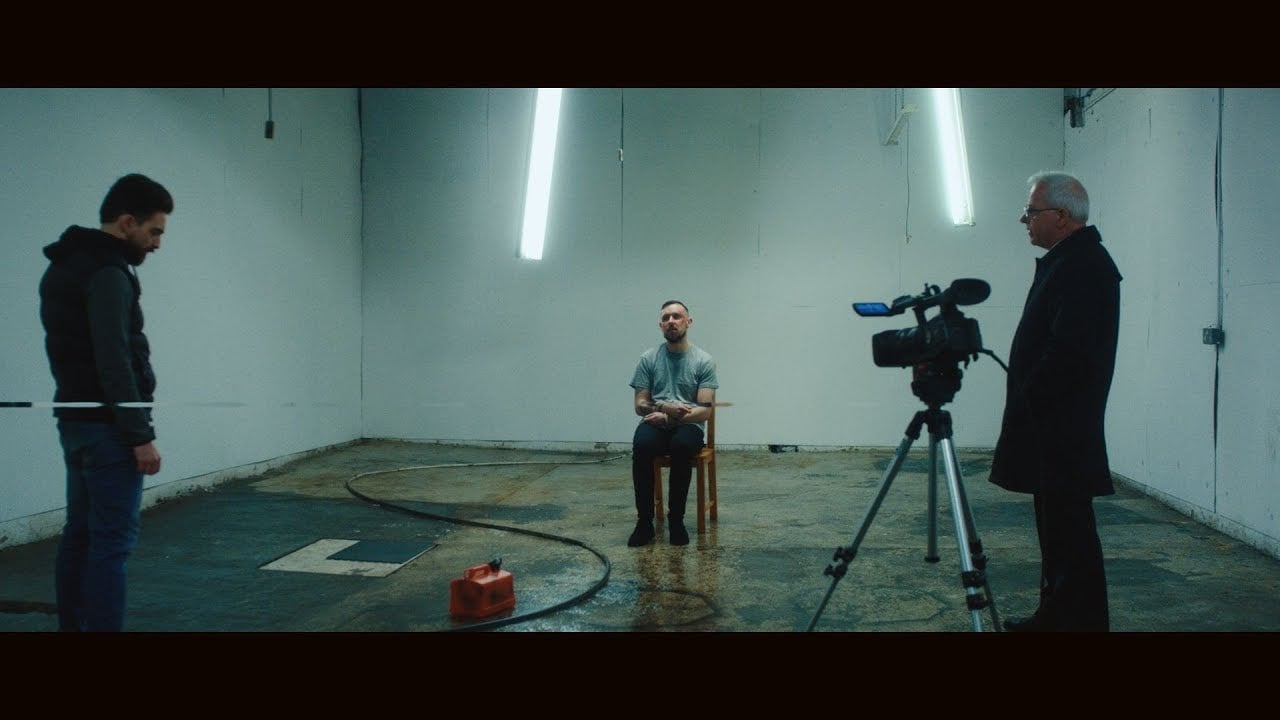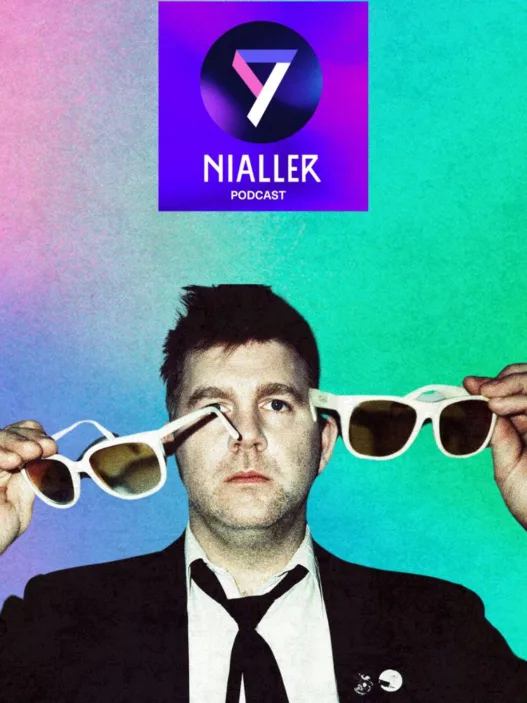“When I’m sitting down with a blank page and a pen is when I’m happiest.”
Not surprising words to hear from Paul Alwright, also known as Lethal Dialect. The Dubliner was one of the leading figures in Irish hip-hop during the late 00s and earlier part of this decade, building a following upon boom-bap flows and meticulous storytelling through three LD LPs.
A brief hiatus followed those releases, with Alwright returning last year with Hungry, an album under his birth name. That record heard the artist leap out of the mould he’d set for himself and touch upon aspects of spoken work and Irish traditional folk music.
Now, Lethal Dialect is back. Alwright has been recording a new LP, the third part in the LD 50 saga. Not only that, Lethal Dialect is due to perform his first MC & DJ gig for the first time in 8 or 9 years this Friday in The Workman’s Club, as part of the We Are Workman’s series brought to you by Roe & Co Whiskey.
We caught up with Alwright to discuss his return to the Lethal Dialect moniker, pushing past writers’ block and the importance of humour in his new material.
I begin by asking Paul to look back on the early LD albums and tell me about what he sees in them now.
“It’s a tough listen. You know what, it really is and I was only talking about that the other day because I want to put the trilogy on the streaming platforms when the third one is done but it’s hard listening back on it cause there’s a bit of misogyny in it.”
It’s a surprisingly honest self-assessment from an artist on their own work, Alwright considers for a moment before continuing with “There are one or two little words I wouldn’t be proud of. I’m wary of changing it as well because it kind of shows the growth as well. So I’m sort of in two minds. I mean it’s tough looking back but well you can definitely see the growth.”
“There’s a lot of paranoia and stuff like that in those albums and you can hear it even in the way the vocals are delivered. It’s all very defensive you know. I was 19 years old writing a lot of those records & there’s a massive difference between the child and the man as they say, as cliche as that sounds it’s true”.
It sounds like something he’s reflected upon before. Alwright carries himself with a well-earned self-assuredness, almost surreal for someone very much in their early 30s.
That self-belief seems almost in near opposition to the very cagey and unsure man in the early LD records, I wondered how, if at all, Alwright would get on with his younger self.
“I’d say it’s a good question and that I’d see a lot of myself in him.” We share a laugh before he expands. “I’d get what buzz he’s on and I’d understand it, but I’d be wary of telling him anything either. I know he’s gonna end up coming out of the other end of that naturally anyway. So I’d probably just leave him be.”
Alwright sheds light on the long wait for the new Lethal Dialect album, beginning with the creative hangover from Hungry. “I had a couple of Tweets and all that got a lot of traction about dropping the moniker and I didn’t really plan on taking it back again…I went through a massive phase of writer’s block after the last album and I couldn’t write a thing.”
Hungry was a bit of a mountain to climb, Paul explains “they’re tough albums to write, organic albums, it’s all live instrumentation and as I said six or seven people meeting up at the same time. And everyone’s busy everyone’s jobbing and everyone’s double banding you know. So it was hard.”
“I sort of fell out of the writing verses mould and then I went through a massive phase of writer’s bloc for nearly like a year which is the longest I’ve ever had since I’m writing and I’m writing since I’m 15.”
For all the moulds that Hungry broke for Alwright, sonically and personally, it was the boom-bap sound he founded his career upon that brought him back to writing.
“I got so frustrated and then I got so annoyed with it. There was other stuff happening at the time too, my mother had passed away and I turned 30 which was a big thing for me because I’d always seen my 20s as your time to mess around and your 30s are when you get serious and I still didn’t really know what I wanted to do…It was just a crazy time. I couldn’t even listen to hip-hop and that was the most worrying thing.”
One day, an instrumental cut from seminal producer Damu The Fudgemunk produced three verses from the artist on the spot. “I was on the same buzz I was when I was 19. I was just writing for the fun of it, not worrying about bars not worrying about money and not worrying about what gigs we’re getting booked for, management, PR, just writing for writing’s sake because I did get sucked into that for a while. By the time I had four or five tracks done it had to be an LD because it was boom-bap.”
Alwright doesn’t want to give too much away about the new album, but he admits it shares a “common theme” with the other LD material and that generally “it’s a more informed and more natural LD but it still has that cheekiness to it.”
The writing and recording process for the new LD project is still ongoing, but Alwright has already begun to come to grips with it thematically.
“One of the things I noticed about it is how humorous it is. There’s a lot of humour on this album, that was what has been missing from my past few releases. It’s kind of like cheeky wordplay humour. It’s its own thing but still definitely following on from the LD50 theme.”
He seems genuinely excited to finish the project and get it out to the public. If you can’t wait that long to hear new material you can catch some of it at his Workman’s gig tomorrow night.
Tickets for Lethal Dialect’s We Are Workman’s Club gig on Friday night are still available here for €10+. We Are Workman’s is a celebration Of The Diversity Of Music, Art, People, Community, Style & Taste That The Workman’s Club Represents.














